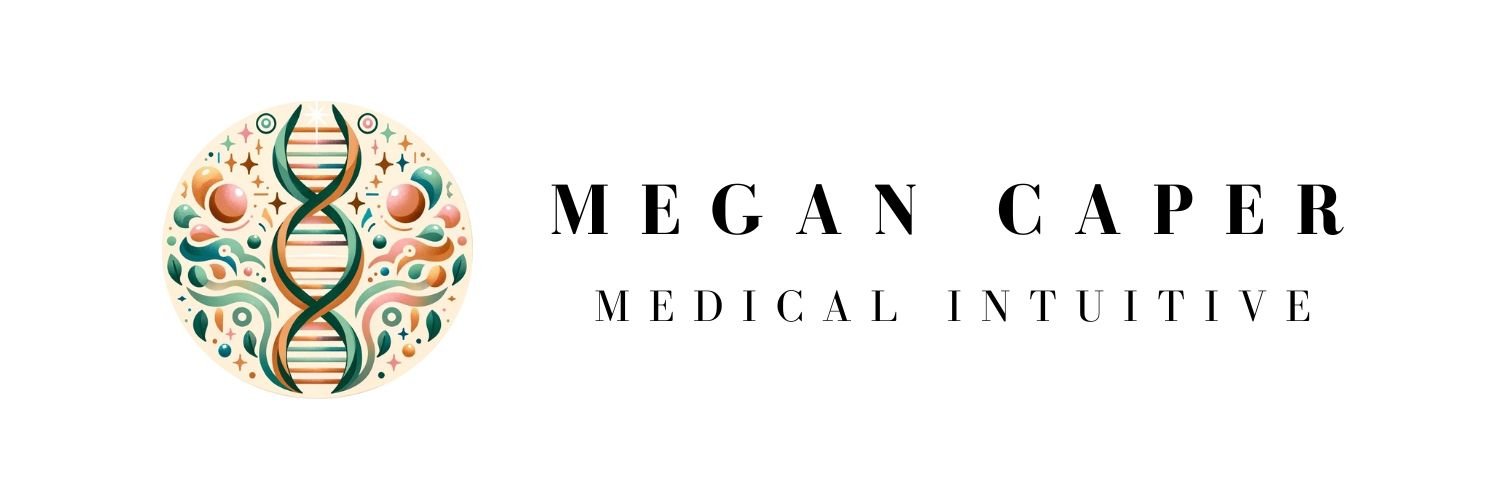It’s Time to Come Clean About What I Know!
It’s a challenge being educated in the sciences, with both a bachelor’s and Master’s degree in biological and health sciences, and simultaneously receiving intuitive insights about how our bodies and minds function that science hasn’t yet fully proven. Yet, time and again, I’ve applied these insights with clients to significant success, often before scientific research catches up.
So, it’s time for me to come clean with what I know. In the last couple of years, I’ve had two significant insights about our brains. Some aspects of these have already been corroborated by scientific research, so I know they’re emerging knowledge that most likely will be proven true soon. I’m sharing them in the hopes they can benefit other healers or anyone seeking deeper understanding.
Both insights center on the brain. Today, I’ll discuss the glial cells and next week I’ll discuss what I’ve seen about the pineal gland.
What does current science say about about glial cells? Traditionally, it was thought that these cells are like the backstage crew to the neurons, making sure everything runs smoothly. They support and protect the neurons, keep things balanced, and even wrap around neurons like a cozy blanket in the form of myelin. There are different types of glial cells, each with its own job. For instance, astrocytes are the brain’s helpers, giving neurons what they need to work properly. And then there’s the clean-up crew, the microglia, which act like a vacuum, picking up unwanted debris. And while all this is true, what I’ve seen intuitively is that glial cells do much, much more. In fact, I no longer believe neurons are the stars of the show, I think glial cells control much more of what goes on in our brains than neurons do.
While neurons are vital, forging connections and relaying information, glial cells are the brain’s dynamic orchestrators. They traverse our brain’s expanse, making real-time adjustments and guiding its operation. I’ve come to see that glial cells might be pivotal in understanding conditions like dementia, age-related cognitive loss, and the recuperation from brain injuries. To draw an analogy, if our brain was a skyscraper, neurons would be the building materials, but glial cells? They’d be the masterminds behind its design and function.
From what I’ve seen, glial cells seem to possess superior intelligence, interacting seamlessly with various body systems and adapting swiftly. They’re attuned to our external and internal conditions, from immune system status, to cardiovascular states, as well as nutrition, hydration and emotional states. Glial cells influence the intricate choreography of neurons in our brain and spinal cord in response to what’s happening in the rest of our body and mind.
Glial cells play a pivotal role in recovery from various cognitive injuries or diseases, ranging from brain fog related to chemotherapy, to brain injuries and strokes. These cells orchestrate the healing process, discerning the optimal pathway for recovery. If there’s damage to the brain or spinal cord, glial cells devise strategies to preserve functionality. Moreover, they aid in mending the structural and functional impacts of complex trauma (CPTSD), rewiring the brain to establish a foundation of safety and belonging, replacing feelings of fear and abandonment.
If you want to know more, or you believe delving into this might aid in healing an ailment or injury, please reach out. I’m happy to talk about this more! Like, good luck getting me to shut up about it! Glial cells are fascinating! (Yes, I know I’m a giant nerd.)
Xo Megan








